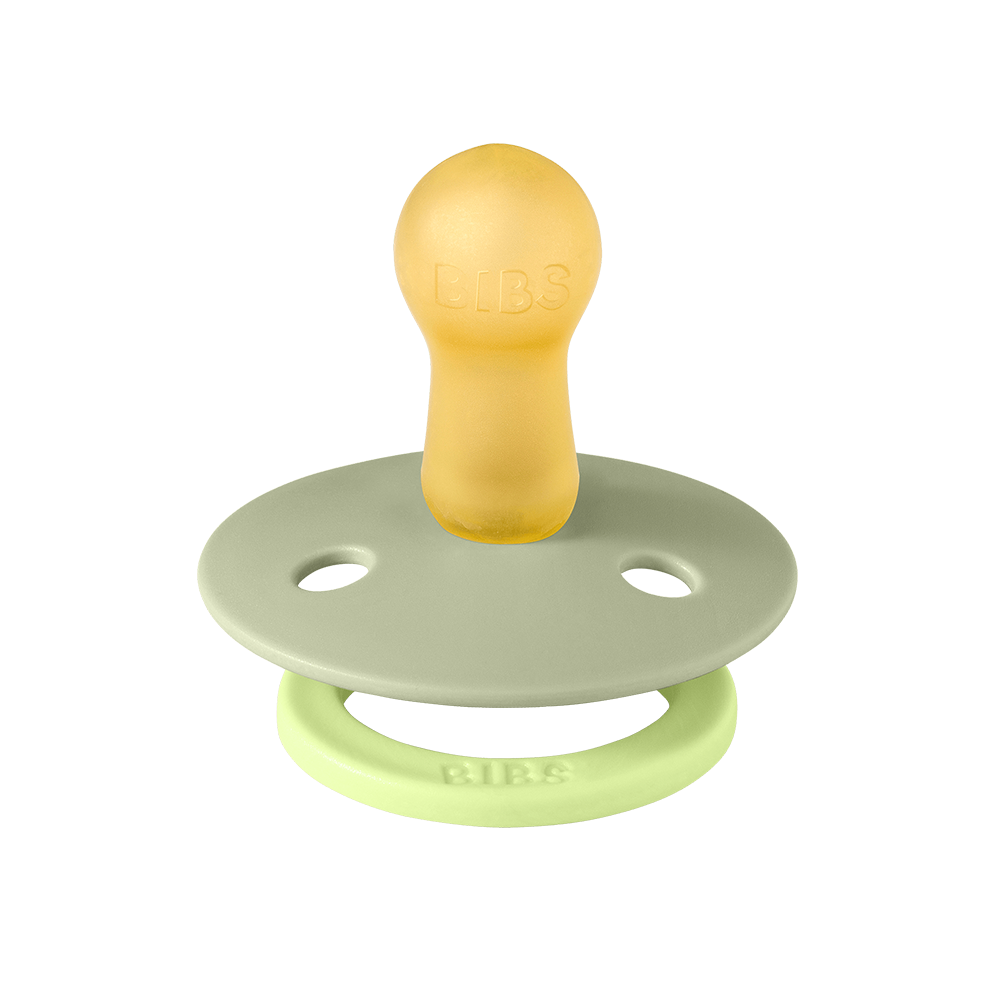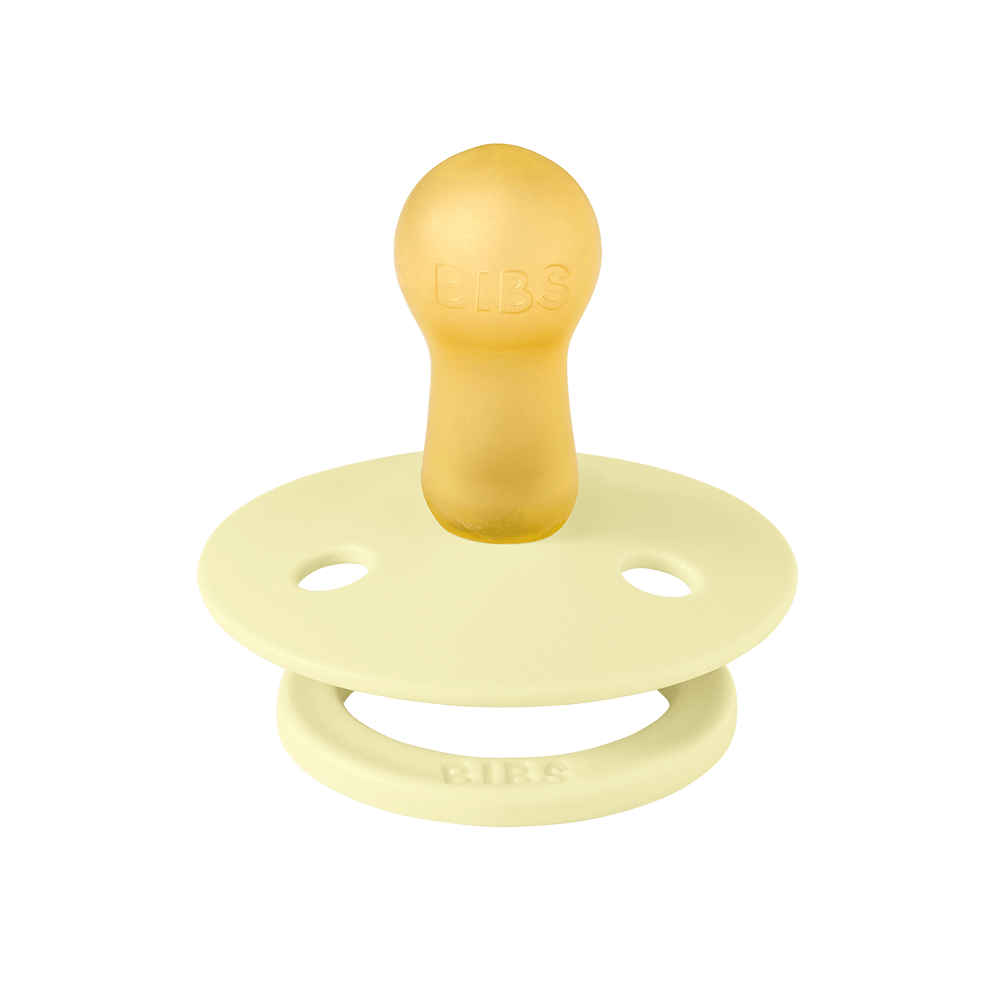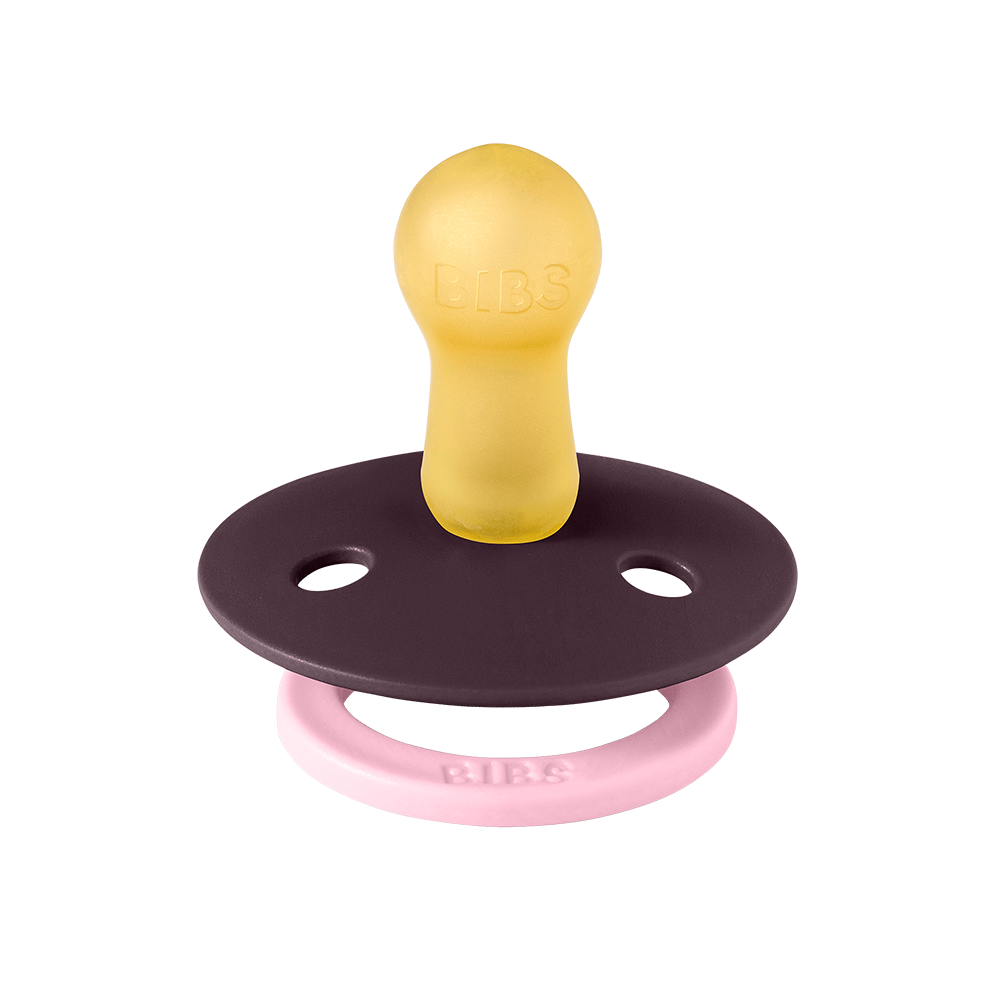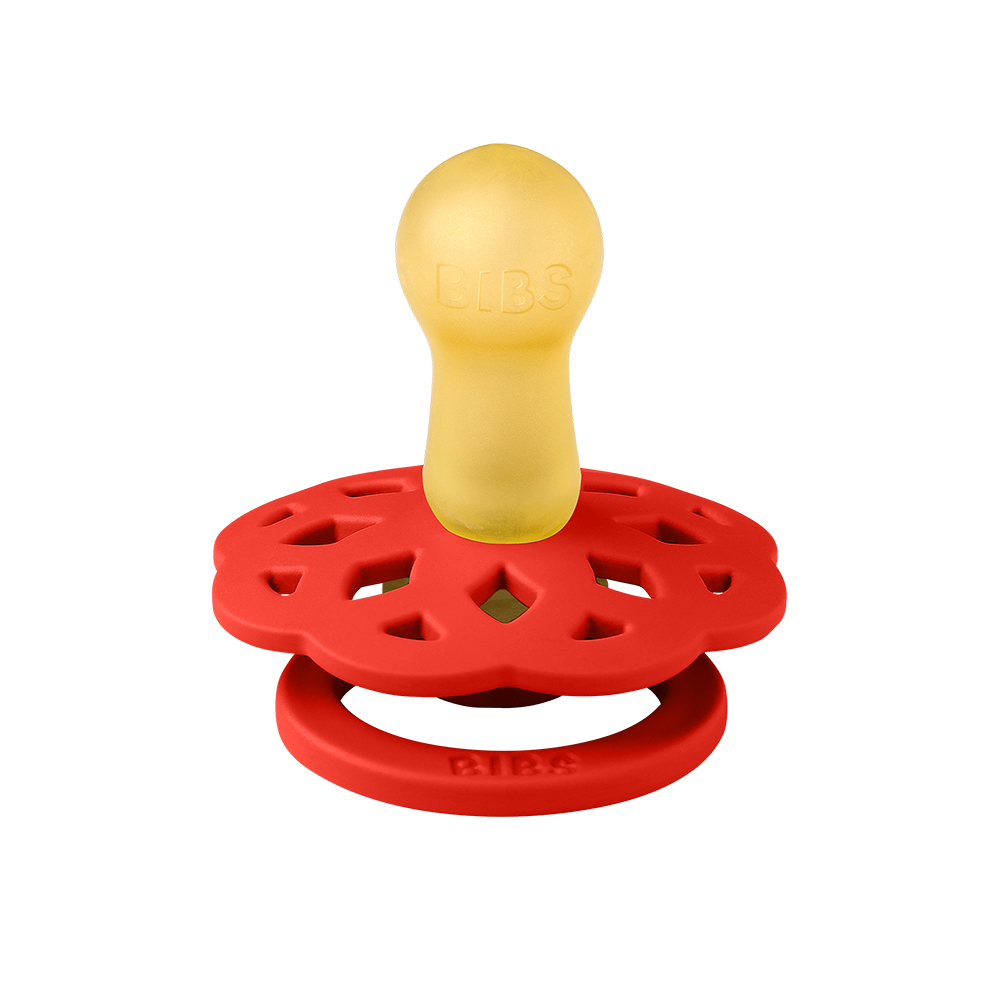Best and Worst Pregnancy Drinks: A Comprehensive Guide
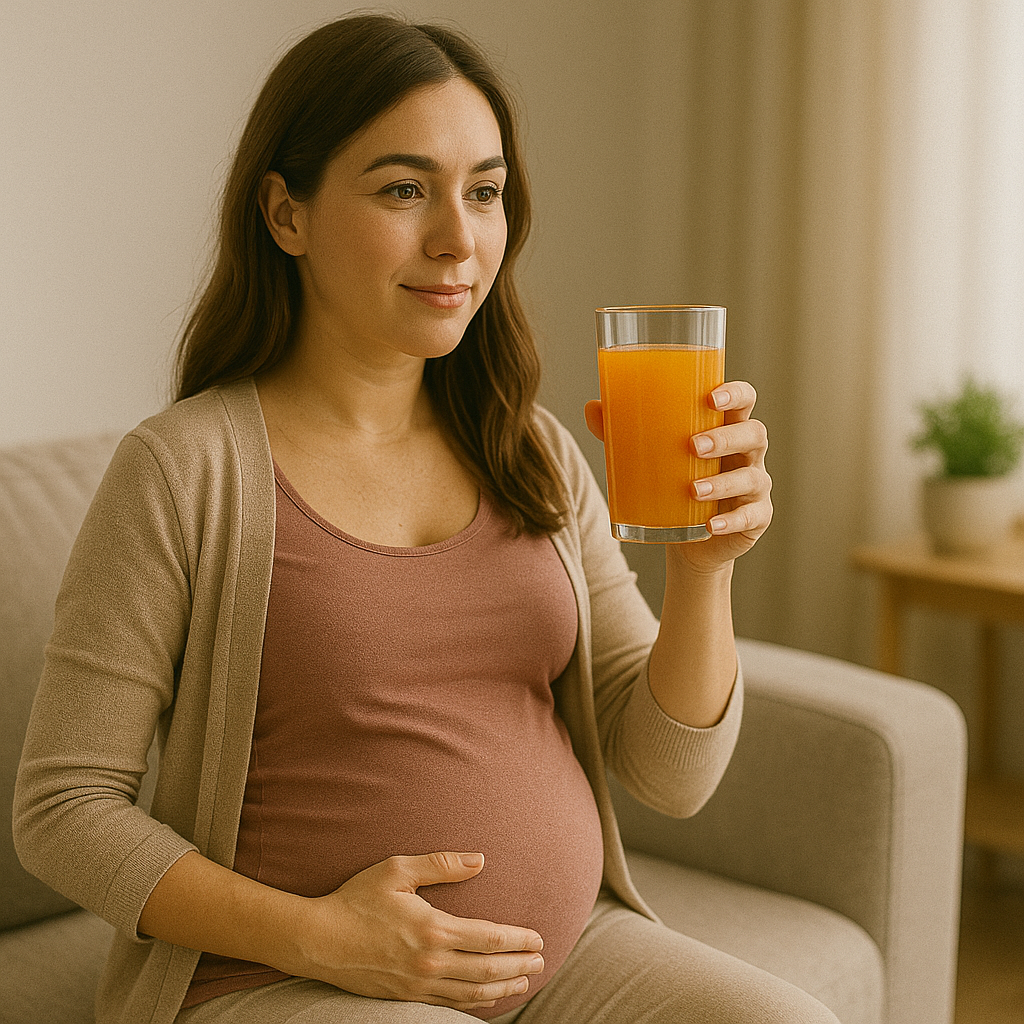
During pregnancy, it's crucial to pay close attention to your dietary intake, including the drinks you choose to consume. What you drink can have significant effects on both your health and the development of your baby. While some beverages can provide essential nutrients and hydration, others might pose risks. It's important to identify which drinks are beneficial and which should be avoided. There are both safe and hazardous options that can impact pregnancy, so understanding these can lead to healthier choices for you and your developing baby.
Making informed decisions about your beverage consumption can influence your pregnancy experience. Hydration is always key, but the sources of hydration are just as important. Pregnant women are often advised to drink plenty of water, milk, and certain juices, which can contribute to the overall nutrient requirements and healthy fluid balance. On the other hand, some drinks are considered less advisable due to their caffeine content, artificial sweeteners, or alcohol content, which can all potentially affect the pregnancy adversely.
Key Takeaways
- Identifying healthy drinks is essential for fetal development and maternal health.
- Hydration during pregnancy should come from safe, nutrient-rich sources.
- Certain beverages pose risks and should be avoided to maintain a healthy pregnancy.
Best Drinks for Pregnant Women
When you're pregnant, staying hydrated is crucial for you and your baby. The right choice of beverages can support a healthy pregnancy. Here's a guide to the best drinks during this special time:
Water: It is the most recommended drink as it helps to form the amniotic fluid around the fetus, supports the delivery of nutrients, and aids in digestion.
Milk: A great source of calcium, vitamin D, and protein, vital for the development of your baby's bones and teeth. Opt for pasteurized milk to avoid any health risks.
-
Pasteurized Fruit Juice: Juice from fruits like oranges and apples can provide you with vital nutrients, including vitamin C and potassium. Always choose pasteurized versions to reduce the risk of bacteria.
-
Coconut Water: It's a natural isotonic beverage, rich in electrolytes, which can help prevent dehydration and relieve morning sickness.
-
Herbal Teas: Some herbal teas are safe during pregnancy, but it's essential to check which herbs are safe to consume. For instance, ginger tea can help reduce nausea, while peppermint tea may soothe the stomach.
-
Smoothies: A smoothie made with yogurt or milk and your choice of fruits can be a nutritious snack that provides vitamins and fiber.
Remember: Before adding any new drink to your diet, it's a good idea to consult with your healthcare provider, as pregnancy is a sensitive time and individual needs may vary. Avoid unpasteurized drinks and excessive caffeine, and make water your primary go-to drink throughout the day.
Worst Drinks for Pregnant Women
When you're expecting, it's crucial to be aware of the beverages that could potentially harm your baby. Here's a breakdown of drinks you should avoid during pregnancy:
-
Alcoholic Beverages: Consuming alcohol during pregnancy can lead to Fetal Alcohol Spectrum Disorders (FASDs) and other developmental issues for your baby. It's recommended that you completely abstain from alcohol during pregnancy.
-
Unpasteurized Juices: These can contain harmful bacteria like E. coli or Listeria. Opt for pasteurized versions to ensure your safety and that of your baby.
-
Excessive Caffeine: High amounts of caffeine are linked to risks such as low birth weight and miscarriage. Limit your caffeine intake to no more than 200 mg per day—that's about one 12-oz cup of coffee.
-
Energy Drinks: Not only are they high in caffeine, but also often contain other stimulants not recommended during pregnancy.
-
Sugary Drinks: Drinks high in sugar can contribute to weight gain and gestational diabetes. Limit sodas, sweetened teas, and flavored coffees.
-
Herbal Teas: Certain herbs can be harmful during pregnancy. It's best to consult with your healthcare provider before consuming any herbal teas.
Below is a concise table for quick reference:
|
Drink Type |
Reason to Avoid |
|
Alcoholic Beverages |
Risks of FASDs |
|
Unpasteurized Juices |
Risk of bacterial contamination |
|
Excessive Caffeine |
Low birth weight, miscarriage |
|
Energy Drinks |
High caffeine and other stimulants |
|
Sugary Drinks |
Weight gain, gestational diabetes |
|
Certain Herbal Teas |
Potential harm from certain herbs |
Check labels, ask questions, and when in doubt, opt for water or safe alternatives to ensure your health and that of your baby.

